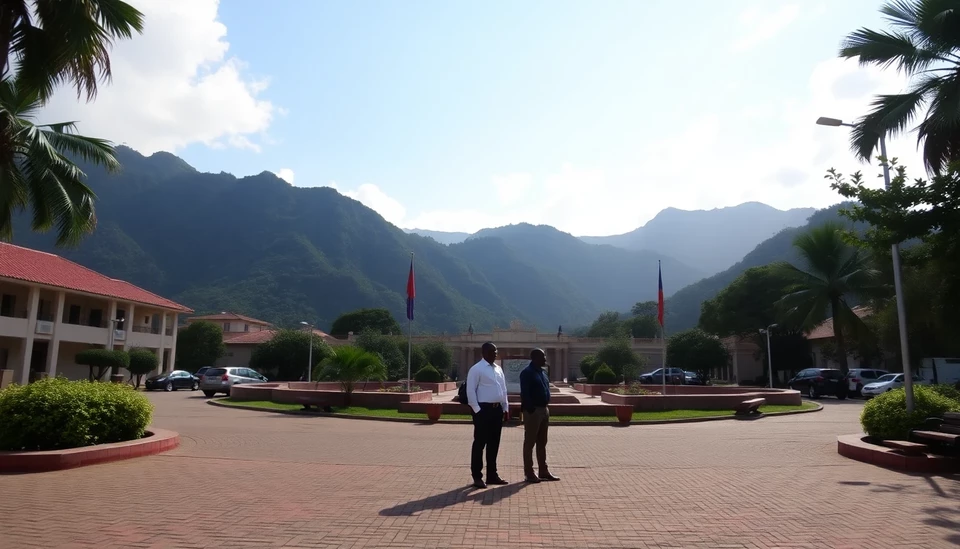
The government of Tanzania recently announced a major policy turnabout, requiring all miners to sell gold directly to the country's central bank. This bold move aims at maintaining the national economy on an even keel by increasing its precious metal reserves.
This new directive will allow the Tanzanian central bank to purchase gold from the market at prevailing market prices, in a bid to end some forms of financial disenfranchisement that were earlier being faced by miners. It is a deep approach as far as regulation in the gold market is concerned and largely introduces a more structured process within the gold mining sector.
This is in a bid to tame the national currency, the Tanzanian shilling, for real economic growth by leveraging its natural resources, under the leadership of President Samia Suluhu Hassan of Tanzania, one of Africa's major gold producers.
Under the new regulations, all miners are obliged to sell their gold only to the Bank of Tanzania, in contrast to previous arrangements, where miners sold to private entities both locally and abroad. This way, the government retains greater control of the mineral exports and the revenues generated.
This prescription already includes the understanding that at competitive current market prices, the government purchases gold, thereby easing potential underpricing affecting the miners financially.
In related pronouncements, Tanzanian authorities are keen to ensure timely payment for the gold under this novel arrangement. In that way, continuous activities in the mining industry could be sustained, ensuring a smooth translation of this policy without affecting the livelihoods of miners.
This will also, according to the Bank of Tanzania, enhance both the country's gold reserves and contribute positively toward the stabilization of its local currency by having better backing for the shilling and may as well help in staving off inflationary pressures and balancing the economy.
The policy has elicited diverse reactions among experts, some from the industry, who praised the step as one with a firmer hand in resource management, while other cautious optimisms cite that success in the policy will depend mostly upon the implementing procedures and keeping the undertones of fairness in trade.
What remains now is to see how it will be played out in real life and whether the directive will, finally, bring about a paradigm shift in the management of the minerals in the Tanzanian economy. All stakeholders will be closely following the micro and macro-economic outcomes due to this regulatory change.
This landmark decision may inspire a new phase in the mining business in Tanzania and broadly set a precedent for other natural resource-endowed countries that aim to attain full economic value of their nature-generated wealth.
#Tanzania #Gold #Economy #Mining #NaturalResources #CentralBankPolicy #MarketPrices #EconomicGrowth #TanzanianShilling #MineralExports
Author: Laura Mitchell



